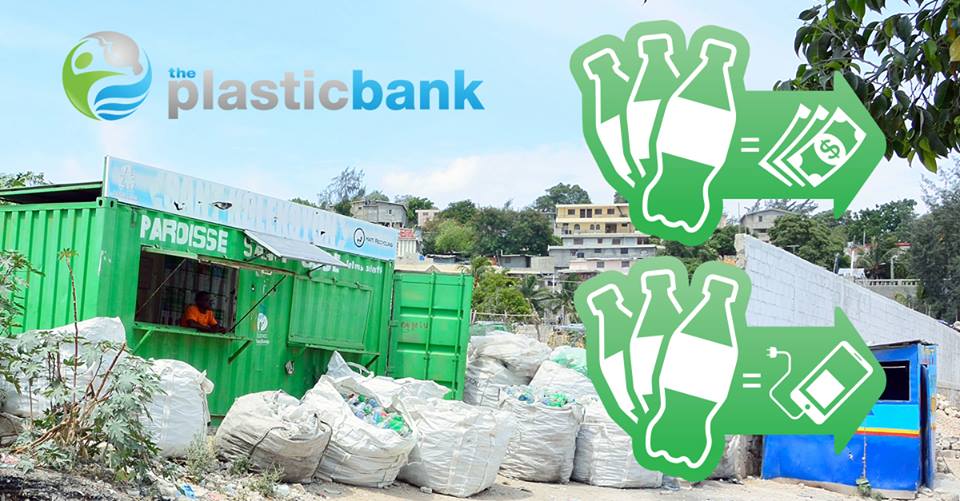MÄDER: Environment-friendly innovation
![]() The group is a forerunner in the use of “clean” technologies and products. The group’s activity has a strong impact on the environment: consumption of raw materials, use of sensitive products, emissions and emissions … Its protection is therefore a permanent and major concern of Mäder …
The group is a forerunner in the use of “clean” technologies and products. The group’s activity has a strong impact on the environment: consumption of raw materials, use of sensitive products, emissions and emissions … Its protection is therefore a permanent and major concern of Mäder …
Discover the process on Bipiz.org

